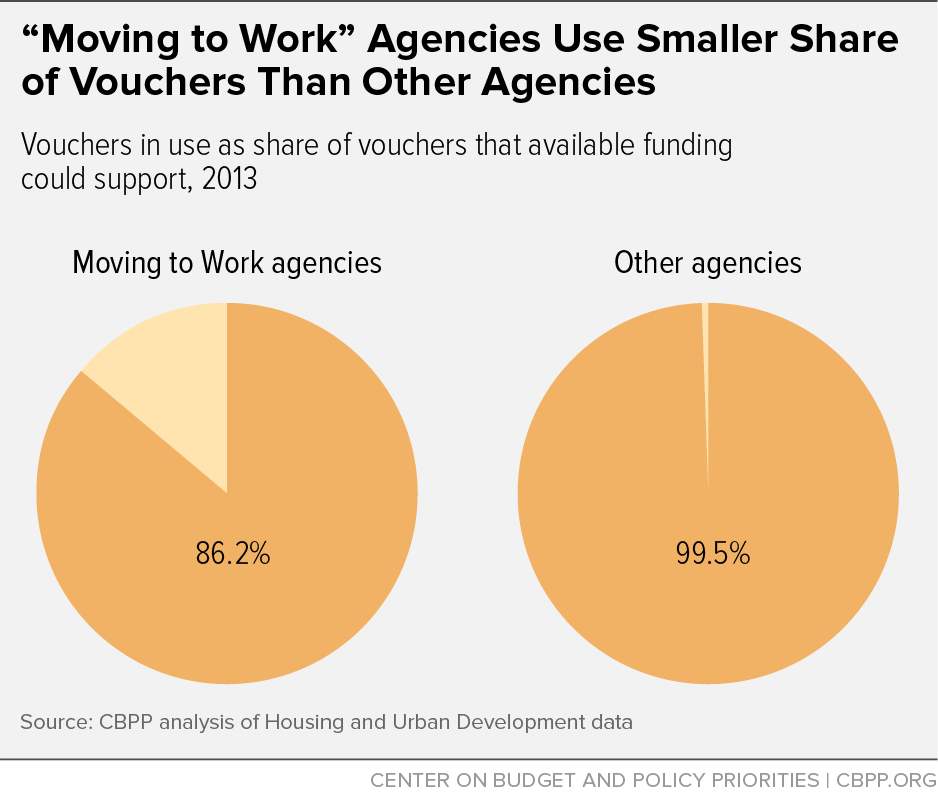BEYOND THE NUMBERS
The Senate Appropriations Committee-approved bill funding the Department of Housing and Urban Development (HUD), which I discussed earlier today, includes a vast, ill-conceived expansion of the Moving to Work (MTW) deregulation demonstration.
MTW allows 39 agencies administering housing vouchers and public housing to waive most program rules and receive funding via special block-grant formulas. The bill would require HUD to add 300 agencies that administer up to 800,000 units to MTW, potentially expanding it to encompass nearly 40 percent of all housing vouchers and public housing units. While MTW has yielded some useful innovations, it has serious shortcomings that warrant reform, not expansion:
- The Government Accountability Office and HUD Inspector General have raised serious concerns about HUD’s capacity to ensure MTW agencies’ compliance with federal requirements and monitor their performance under the demonstration’s current loose structure.
- MTW agencies are much less cost-effective than other agencies. Non-MTW agencies used nearly 100 percent of their vouchers funded in 2013, while MTW agencies used only 86 percent. (See chart.) They used the remaining funds — totaling $350 million, enough to provide vouchers to tens of thousands of families — for other purposes or left them unspent. While some of these other uses are important (such as repairing public housing), meeting them shouldn’t mean cutting the number of families with housing assistance.
- While MTW allows participating agencies to impose rent increases, work requirements, time limits, and other policy changes that risk hardships for recipients, it doesn’t require any rigorous, reliable research evaluation of the impact of these significant policy changes. MTW also permits agencies to cut the number of families receiving rental assistance by up to 10 percent.
Properly reformed and limited in size, MTW could be a useful incubator for innovative housing policies. The Senate bill’s expansion, however, would dramatically expand the risks of MTW for tenants and taxpayers, while failing to enact reforms necessary to yield useful lessons for policymakers. It also would block HUD’s plan, in extending current MTW contracts through 2028, to adopt key reforms designed to reduce agencies’ shifts of rental assistance funding to other purposes, distribute funding more fairly between MTW and non-MTW agencies, and require more rigorous evaluation of certain MTW activities.

